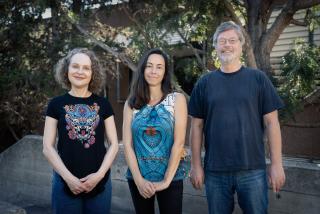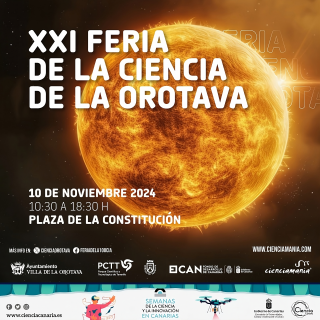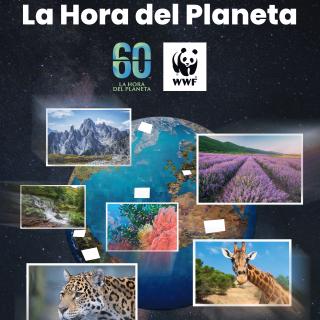It may interest you
-
 El programa Investigadores Visitantes Fundación Occident del Instituto de Astrofísica de Canarias (IAC) sigue su curso con la recepción de un nuevo grupo de personal investigador procedente de distintos centros del mundo. Los investigadores cubrirán un amplio espectro de disciplinas, desde cosmología y astrofísica de partículas hasta física estelar, formación de galaxias y sistemas planetarios. Su presencia y colaboración con el personal investigador del IAC fortalecerá la actividad científica tanto del centro canario como de las personas invitadas y de sus centros de origen, fortaleciendoAdvertised on
El programa Investigadores Visitantes Fundación Occident del Instituto de Astrofísica de Canarias (IAC) sigue su curso con la recepción de un nuevo grupo de personal investigador procedente de distintos centros del mundo. Los investigadores cubrirán un amplio espectro de disciplinas, desde cosmología y astrofísica de partículas hasta física estelar, formación de galaxias y sistemas planetarios. Su presencia y colaboración con el personal investigador del IAC fortalecerá la actividad científica tanto del centro canario como de las personas invitadas y de sus centros de origen, fortaleciendoAdvertised on -
 El Instituto de Astrofísica de Canarias participa una vez más en la Feria de la Ciencia de La Orotava que este año cumple su XXI edición. Se trata del encuentro de divulgación más longevo de Canarias y que en esta ocasión está dedicada a nuestra estrella: el Sol. Esta edición se celebrará el próximo domingo, 10 de noviembre, en la Plaza de la Constitución de La Orotava, entre las 10:30 y las 18:30 horas. El IAC participará en esta feria con un stand donde ofrecerá actividades coordinadas por el equipo de Divulgación de la Unidad de Comunicación y Cultura Científica (UC3) del IAC junto aAdvertised on
El Instituto de Astrofísica de Canarias participa una vez más en la Feria de la Ciencia de La Orotava que este año cumple su XXI edición. Se trata del encuentro de divulgación más longevo de Canarias y que en esta ocasión está dedicada a nuestra estrella: el Sol. Esta edición se celebrará el próximo domingo, 10 de noviembre, en la Plaza de la Constitución de La Orotava, entre las 10:30 y las 18:30 horas. El IAC participará en esta feria con un stand donde ofrecerá actividades coordinadas por el equipo de Divulgación de la Unidad de Comunicación y Cultura Científica (UC3) del IAC junto aAdvertised on -
 The Instituto de Astrofísica de Canarias (IAC) is joining the Earth Hour, a global movement that, once a year, reminds us that nature is the planet’s life support and highlights the environmental emergency that requires collective action.Advertised on
The Instituto de Astrofísica de Canarias (IAC) is joining the Earth Hour, a global movement that, once a year, reminds us that nature is the planet’s life support and highlights the environmental emergency that requires collective action.Advertised on